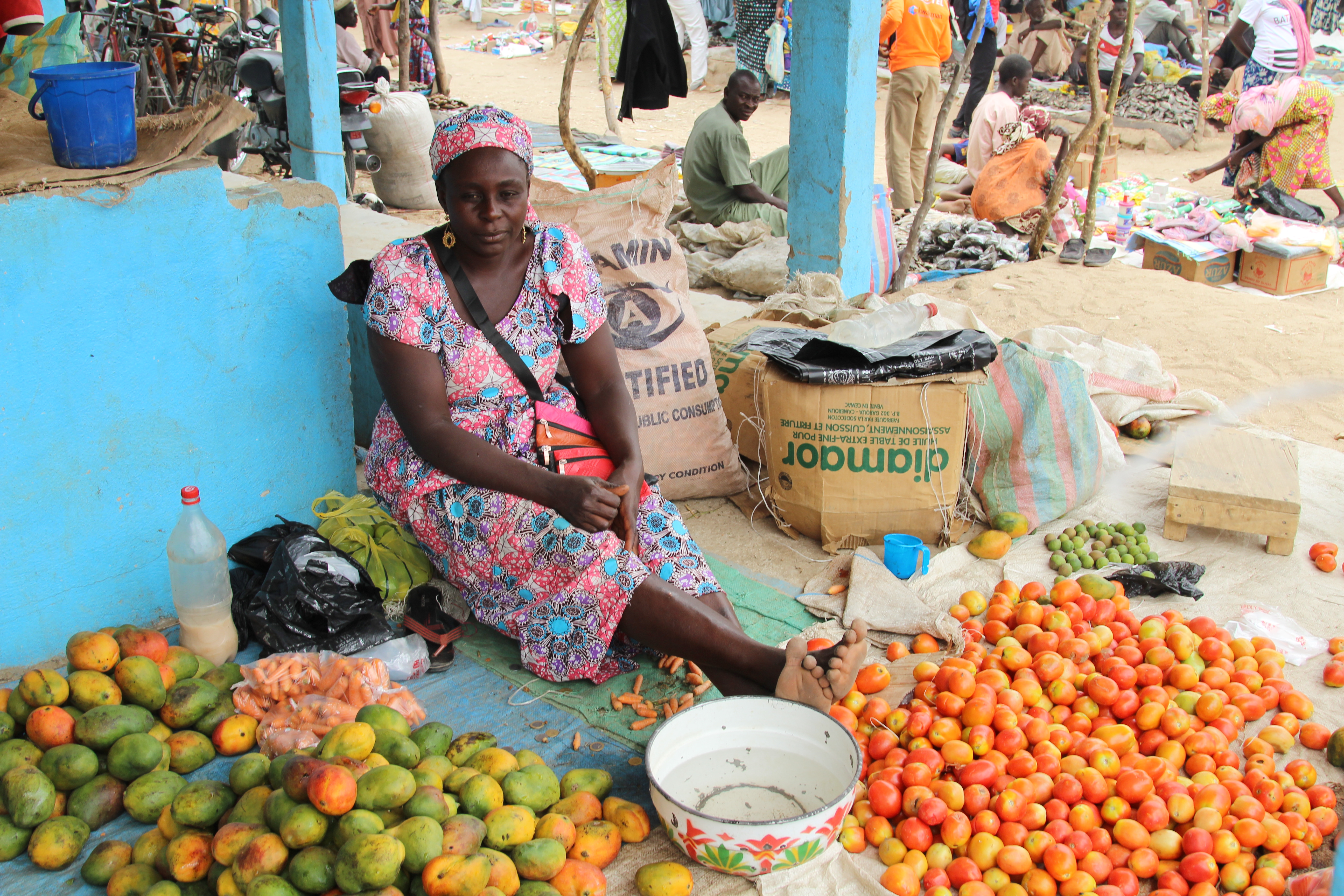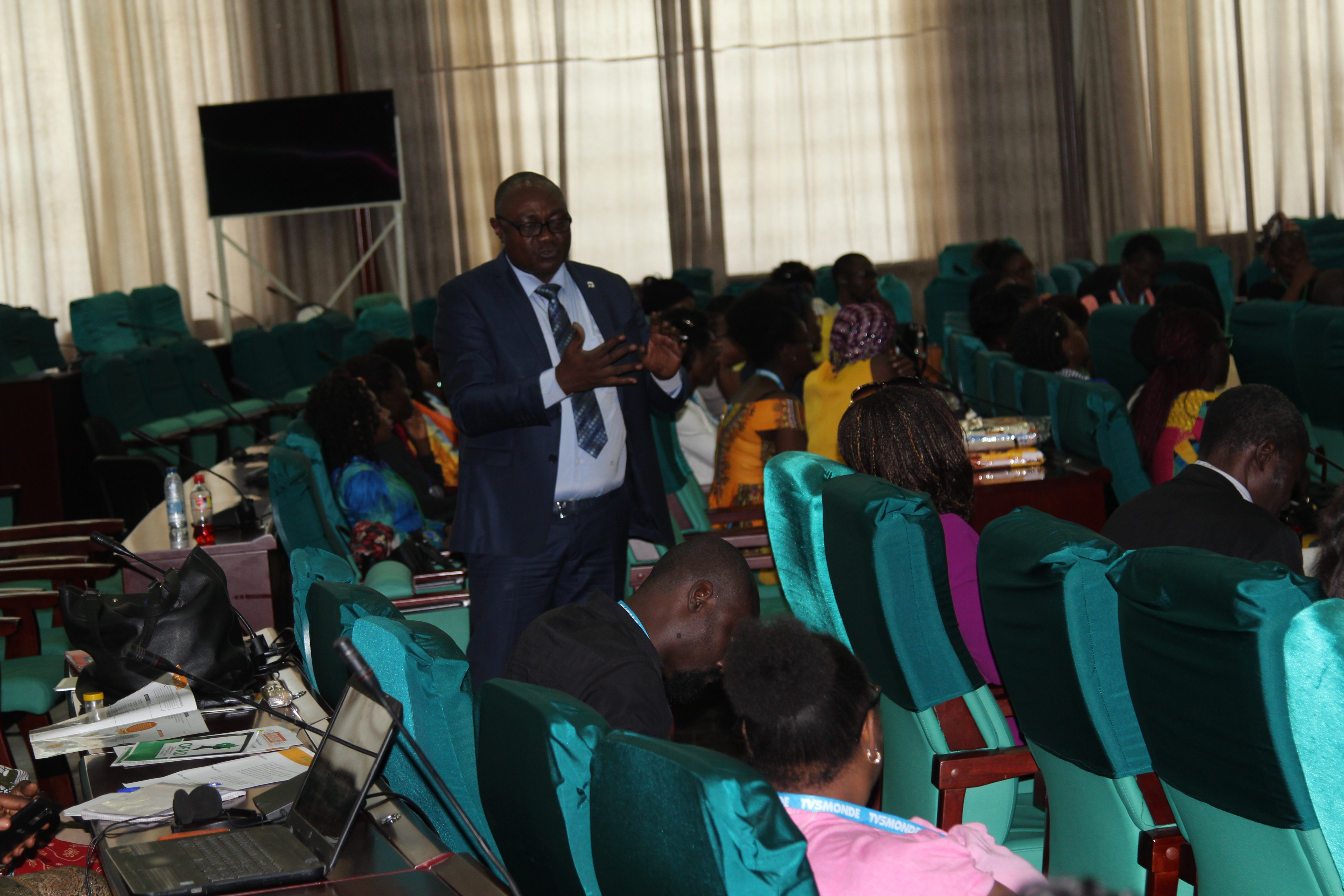OFAD and partners brainstorm on pathways to promote women's entrepreneurship in Cameroon
Date:

From 27 to 28 March 2019 the organization of African Women and the Diaspora (OFAD) organized its 5th edition of Economic and entrepreneurial Forum of African Women and of the Diaspora. The conference which took place at the Yaoundé Congress Centre saw the participation of over 500 visitors was an opportunity for stakeholders to debate and propose solutions to improve female entrepreneurship in Cameroon.
Given its expertise and mandate in the promotion of women economic empowerment, leadership and gender equality, UN Women Cameroon provided technical support to OFAD through the animation of several working sessions to share our experience and holistic approach in these domains to promote women economic empowerment. NGORO Joseph, Program Specialist at UN Women Cameroon, during his presentation on women’s role in the agriculture value chain underlined that women make a significant but insufficient contribution to attain food security. Addressing these concerns requires a holistic approach such as UN Women’s Gender and Road project (along the Batchenga-Ntui-Yoko-Lena corridor) which: promotes access to land and security of tenure, provides support to increase women farmers’ productivity and resilience to climate change, addresses financial barriers and increases women farmers' growth towards more profitable sectors.

Relative to access to finance, Uilrich WAFFO, Gender Statistics Expert at UN Women Cameroon, noted that one of the obstacles women face when looking for financing from bank is discrimination. To address this an estimated 80% of women, use ‘tontines’ (local savings and loan scheme) to gain access to small credits to startup and grow their business. He encouraged the over 38% of Cameroonian women who are business leaders to act as a model and be an inspiration for others.
These presentations were followed by brainstorming and exchange sessions during which participants expressed major concerns such as access to finance to grow their businesses, access to markets especially for perishable products and product standardization. At the end of the two days forum, stakeholder put forward concrete proposals to address some of these problems in view of promoting women entrepreneurship and economic empowerment in Cameroon.